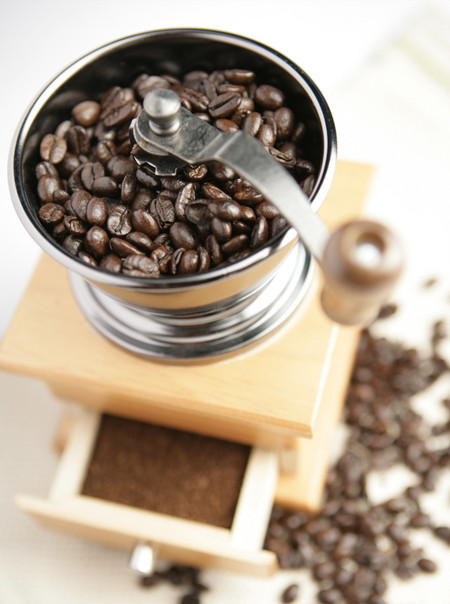Coffee common sense Why does drinking coffee look so pretentious?

At first, coffee was just an exotic and joking drink for royalty and aristocrats besides mellow wine and beauties, which was no different from Chinese porcelain and Persian blankets. Their sense of taste is not adapted to such bitterness, and there is no need for the functionality of the drink. Coffee, as a drink, is an empty signifier for the royal family, and what really interests them is the exquisite porcelain plates, gorgeous clothes and pretentious etiquette, as if drinking coffee together can add some elegant meaning to the daily action of "drinking". Make it away from physical needs (drinking water) and ecstasy (drinking), at the same time, these characteristics of coffee also bring many ladies into it. They had previously been at odds with the rough, masculine world of wine. In the royal and aristocratic groups, drinking coffee seems to be a small ceremony, and its high cost becomes a permit, in which people are able to reconfirm their noble status and get a sense of satisfaction. Later, this sense of ritual changed its meaning and appeared on the dinner table of ordinary families. The family sips coffee in the early morning and has the first gathering within the family every day, during which the order and role of the family are strengthened day after day.
The mystery of "royal exclusive" has also infected the emerging citizen class and become the cause of many people's exposure to coffee. But it has not been easy for coffee to replace beer and spirits as a new daily drink. This is a profound change in living habits. Coffee, which is at the center of the change, has to be carefully studied and suspected under a magnifying glass at both the health and ethical levels. Karl von Linnay (1707-1778), the Swedish scientist who founded modern biological taxonomy, is representative of his view that the uplifting effect of coffee on the spirit sacrifices the internal balance of the body at the expense of health for the sake of development. At that time, this view echoed Rousseau's idea of "returning to nature" (1712-1778), and even today, this attitude of opposing a new thing to nature is no stranger. On the surface, this is people's rejection of strange things in the existing knowledge structure, but there is another question behind it: do people have the right to manipulate their bodies for some purpose?
Important Notice :
前街咖啡 FrontStreet Coffee has moved to new addredd:
FrontStreet Coffee Address: 315,Donghua East Road,GuangZhou
Tel:020 38364473
- Prev

Basic knowledge of Coffee Why can coffee wake people up?
The secret is caffeine. Modern medicine has proved that it can stimulate the central nervous system, accelerate the speed at which people perceive the surrounding environment, and improve people's response and understanding ability. it can indeed bring spiritual pleasure, which is different from alcoholic pleasure. It is continuous, rising, steady, and does not have the attenuating effect of reaching the peak of pleasure like alcohol. From 17
- Next

Is coffee good for you?
Some people try to justify coffee in medicine, while others do the opposite and cite coffee as a footnote to their own theories. In the early 17th century, the four-humors theory, inherited from ancient Greece, still dominated medicine. This theory believed that natural substances were composed of air, water, fire and earth, combined with heat, dryness, humidity and cold. Inference to medicine, thinking that the human body and
Related
- Beginners will see the "Coffee pull flower" guide!
- What is the difference between ice blog purified milk and ordinary milk coffee?
- Why is the Philippines the largest producer of crops in Liberia?
- For coffee extraction, should the fine powder be retained?
- How does extracted espresso fill pressed powder? How much strength does it take to press the powder?
- How to make jasmine cold extract coffee? Is the jasmine + latte good?
- Will this little toy really make the coffee taste better? How does Lily Drip affect coffee extraction?
- Will the action of slapping the filter cup also affect coffee extraction?
- What's the difference between powder-to-water ratio and powder-to-liquid ratio?
- What is the Ethiopian local species? What does it have to do with Heirloom native species?

